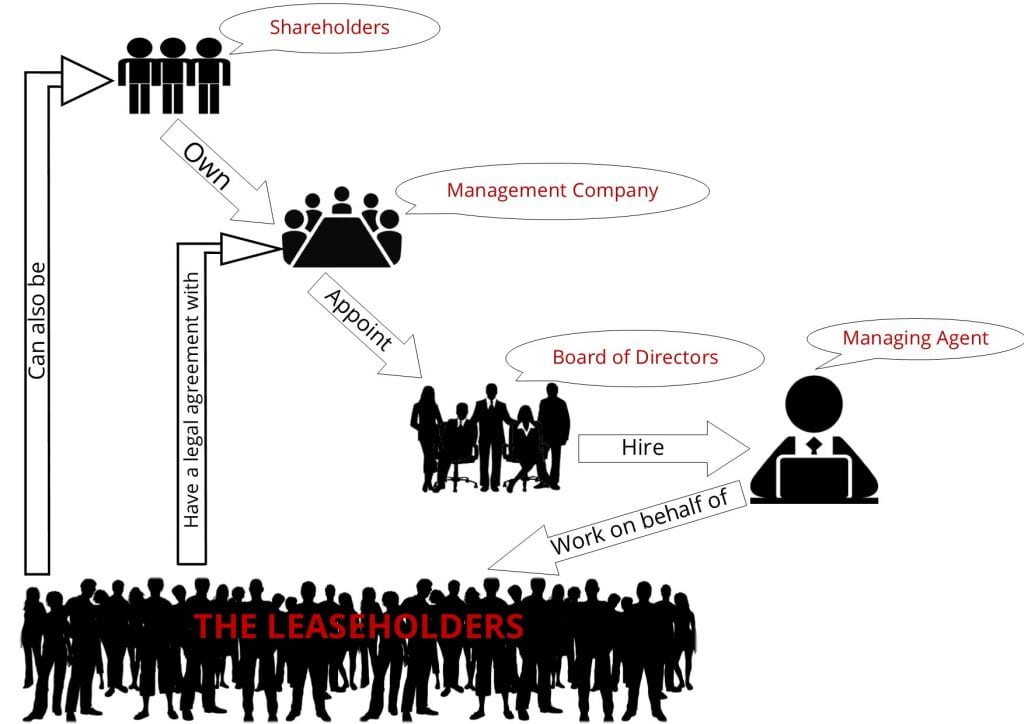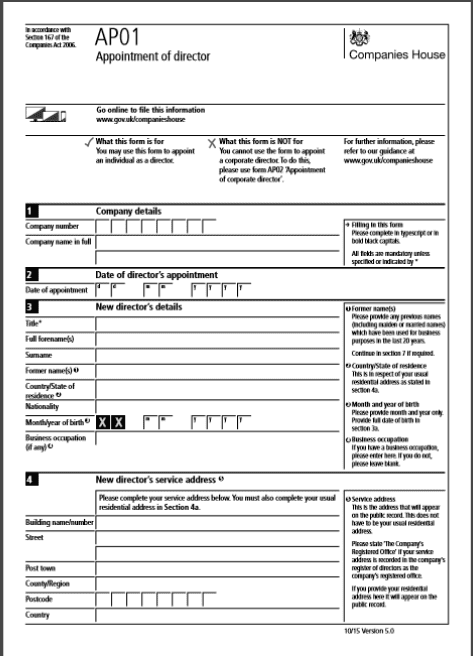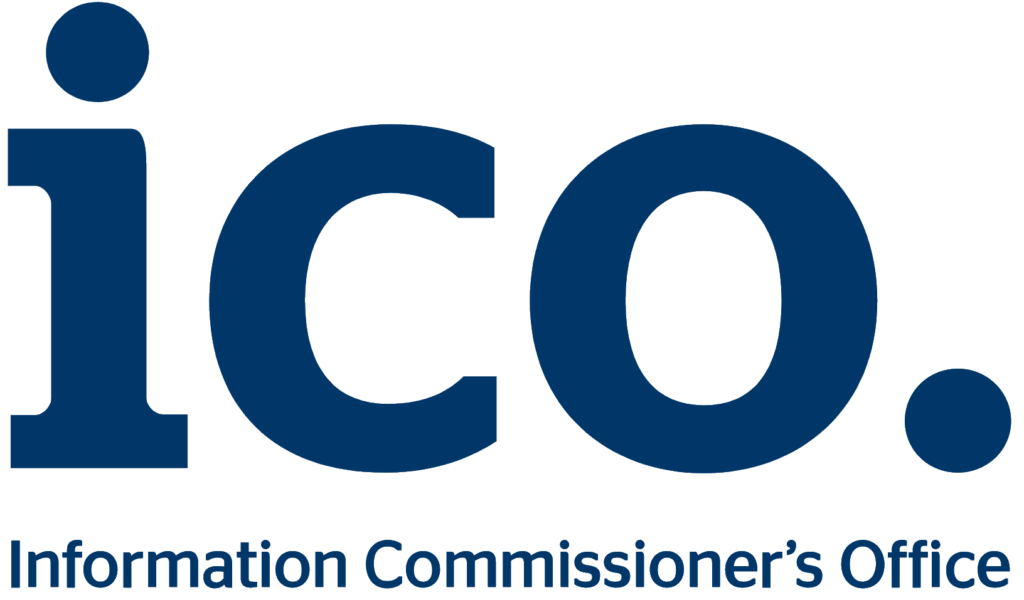You may have been approached, perhaps you’ve nominated yourself, or maybe you simply feel that the communal areas of your property could be better managed. Whatever the reason, it’s important to understand what’s involved in becoming a Director of your Residents’ Management Company (RMC).
What is a Residents Management Company?
A Residents’ Management Company (RMC) is specifically established to manage the communal areas within your building, such as the hallways, roofs, gardens, and other shared spaces. Typically, this type of company is set up by the original developer. However, it is now possible for leaseholders to establish their own management company (see our blog on setting up your own Right To Manage company).
The Directors of an RMC are usually leaseholders – the owners of the flats. While there are certain technicalities regarding who can become a Director, it is generally the individual flat owners who take on this role.
Your RMC will be structured as a standard limited company, which means it has certain annual obligations, including holding an Annual General Meeting (AGM), filing company accounts, and carrying out company secretarial duties.
It’s important to distinguish between a leaseholder and a shareholder of your RMC. Below is a brief overview of the relationships between the various parties, including how the Board of Directors of an RMC fits into the picture:
Why would I want to become a Director?
The role of Director is voluntary and is usually a position nominated by your fellow shareholders. As a Director, you will have significant responsibilities and will play a key role in the future management of your building. Since the external and internal communal areas are the first things residents, visitors, contractors, and others see when they visit, your role in maintaining these areas is crucial.
What are my duties?
The first place to look for guidance on your duties is the Memorandum and Articles of Association (Mem & Arts). Like any limited company, the Mem & Arts outline the rules by which the company operates. They provide a clear indication of the powers you have as a Director and the responsibilities that come with the role. Additionally, they direct the Management Company on how decisions should be made, such as calling meetings and appointing new Directors.
The second key document is The Companies Act 2006. This is statutory law that defines the duties of all company Directors. It offers general guidance on your responsibilities as a Director and should be considered alongside your company’s Mem & Arts.
How do I become a Director of my Resident Management Company?
Becoming a Director is now more straightforward than ever. If there is already a Board of Directors in place and you wish to join, you can simply make an informal request. If the existing Board endorses your request, you can become a Director on a casual basis until the next AGM. If your RMC’s AGM is approaching, you should receive a formal invitation to attend as a shareholder. Typically, you will receive an application to become a Director along with your AGM notice. If you do not receive an application, simply submit your request to become a Director in writing to your Board, and it will be voted on at the AGM.
Once you have been officially voted in as a Director, you will need to complete an AP01 form from Companies House to formally register yourself. This process can be handled by your Managing Agent if they serve as your Company Secretary, and it can now be completed online for efficiency.
Are there any other points to consider before becoming a Director?
-
Understand Your Lease: Your lease will outline the responsibilities of your flat management company and the powers of your Managing Agent. It is essential to familiarise yourself with this document. Managing Agents like Strangford Management are experienced professionals and can guide you through any complex aspects.
-
Directors and Officers Insurance: This type of insurance covers past and present Directors who may inadvertently breach their duties to the RMC. As with any insurance, it is prudent to assess your need for this coverage before issues arise.
-
Legality: It’s advisable to acquaint yourself with the various laws that affect the management of your building, such as Health and Safety law, Landlord and Tenant Law, and others. Your Managing Agent can assist with any questions you may have.
-
Teamwork: The most successful Boards of Directors we work with possess a variety of skills and allocate different responsibilities to create an effective team. Your Managing Agent can offer further advice on this, as we do. By distributing management tasks, you can reduce the overall burden and enhance the success of your RMC.
How can we work with Strangford Management?
One of your responsibilities as a Director will be to appoint a Managing Agent. As specialists in London block management, Strangford Management is ideally positioned to manage your building on your behalf.
Strangford Management will provide professional guidance and efficiency in the ongoing management of your building. However, you will still need to make key decisions, such as approving annual budgets, signing off on annual accounts (both service charge and company accounts), and making decisions about certain works.
While your Directorship is not an overwhelming commitment, it’s important to be aware of the responsibilities and liabilities that accompany the role. Strangford Management will use its experience to offer an unparalleled level of management, but your involvement remains crucial.
If you have any questions about becoming a Director of a building under our management, or about your Residents’ Management Company in general, please feel free to get in touch.
Further information
Below is a list of websites that can provide you with further information on becoming a Director as well as tips on working successfully:
Read more…
- EWS1 Form Explained: Hidden Requirements Your Surveyor Won’t Tell You
- NHBC Cover Explained: Your Essential Guide for Leaseholders (2025)
- Ministers Set £30bn Cladding Crisis Deadline for 2029
- Service Charge Disputes Made Simple: Your Rights as a Leaseholder
- Breaking: Leasehold Reform Scraps Two-Year Wait Rule From January 2025









